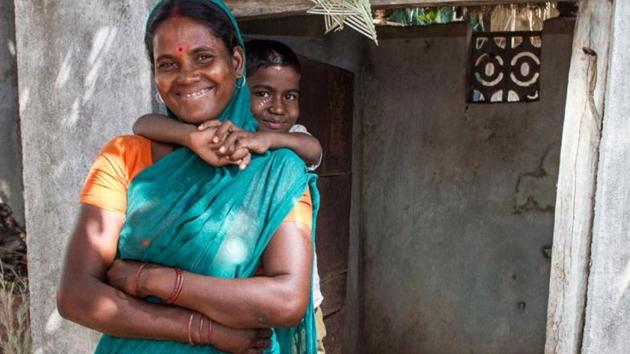Rajasthan tops toilets table, but ODF target still a long way
Rajasthan built 26.87 lakh individual toilets in rural areas under the SBM in 2016-17, reveals the union ministry of drinking water and sanitation data. West Bengal, which added 23.08 lakh individual toilets in 2016-17, was at the second spot.
Rajasthan has emerged as the leading state in building toilets in rural areas, but it has a long way to go to completely stop open defecation by 2019, the target set under the Swachh Bharat Mission (SBM).

Rajasthan built 26.87 lakh individual toilets in rural areas under the SBM in 2016-17, reveals the union ministry of drinking water and sanitation data. West Bengal, which added 23.08 lakh individual toilets in 2016-17, was at the second spot.
The number of individual toilets in Rajasthan has gone up to 54.83 lakh since the SBM was launched on October 2, 2014; the areas covered increased to 78% from 55% in the previous financial year. Six districts have been declared open defecation free (ODF) for having achieved 100% coverage under the SBM, but the state government’s aim is to make 10 districts ODF by the fiscal end.
Though the number of ODF villages in the state has gone up to 19,629, Karauli district lags behind with only 39.73% households having access to toilets, shows the data. With nearly 22% households in the state still not having access to toilets, Rajasthan has its work cut out to achieve the SBM’s target of becoming 100% ODF by 2019.
“The success of the entire state to attain ODF status will only be possible with the involvement of the whole community. Churu district that became first ODF district in the state is an example,” said an SBM Gramin official.
The Centre has now made Aadhaar mandatory for those applying for the individual household latrine subsidy. The incentive is provided under the Swachh Bharat Mission (Gramin) administered by the ministry of drinking water and sanitation.
A subsidy is granted to rural households for construction of individual toilets by the Centre and the state government. Households under the below poverty line (BPL) category, or scheduled castes and scheduled tribes in the above poverty line (APL) category, small and marginal farmers, and households headed by women can avail of the subsidy.
The mission was introduced after Prime Minister Narendra Modi pledged to make India open defecation free by 2019 during his Independence Day speech in 2014.





